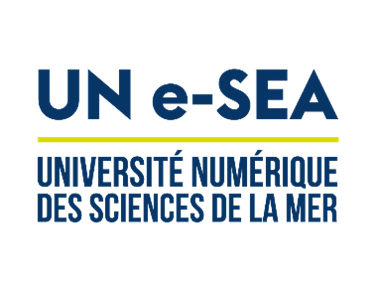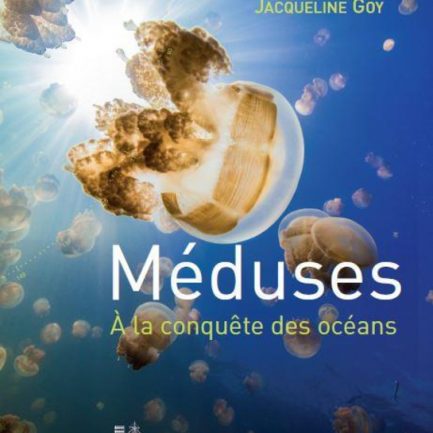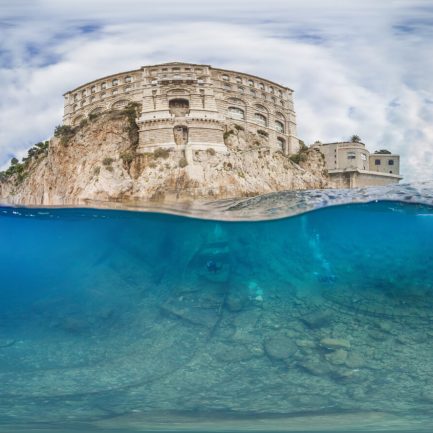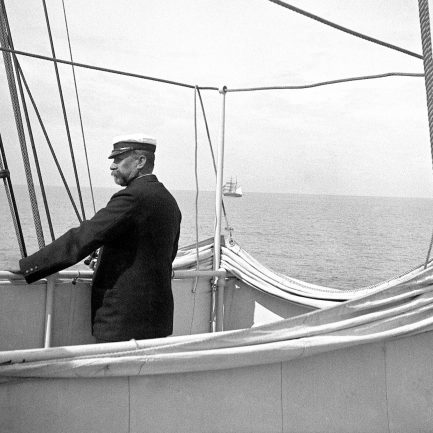Managing the shoreline
- Home
- Managing the shoreline
What jobs for the coast?
The coastline is the area where the land, sea and atmosphere come into contact, and includes the backshore and foreshore. This geographical area, where three different physical environments interact, with their own specificities, is subject to the constraints of tourist, economic and demographic pressures.
The maritime professions, like the professions linked to the environment, have a false image. For most of us, they are synonymous with field work, close to nature. Seventy-five per cent of jobs in the environmental field are in water and waste management and pollution treatment: sanitation, purification, water and fluid treatment, cleaning of beaches and water bodies, monitoring, laboratories and measuring equipment, combating hydrocarbons and polluted sites, etc. And there are many channels…
Towards multidisciplinary training...
The study of these environments requires scientific knowledge in biology, physics, chemistry, geology or oceanography, but also knowledge of geography related to man and his activities. This is why there is no specific training for coastal management.
Many general courses related to the study of environments, planning, the environment and the treatment of pollution lead to jobs in this field. In practice, choosing a field and a level of study implies a thorough reflection on one’s motivations and abilities.
In addition to training in oceanography, which includes biology, chemistry, physics and geosciences*, there are other paths, such as geography and regional planning, law and economics of the sea and the environment, pollution treatment and ecotoxicology, not to mention the disciplines of scientific and technical culture such as animation and environmental protection.
A la carte modules offered at a distance...
by the UN e-SEA digital university of marine sciences. The
University Certificate in the Prevention of Environmental Risks related to Maritime Activities
This course, specially designed to be taken in parallel with another activity (employment, studies), aims to understand and apply in an autonomous way the regulatory texts and legal instruments intended to prevent environmental risks related to maritime activities.
Shaping a unique path: Claire, UN e-SEA registrant
Claire was planning to work in scientific communication concerning the preservation of the marine environment. After a Bachelor’s degree in English and a Master’s degree in European and International Studies at the Sorbonne nouvelle, Claire wanted to acquire legal knowledge on the impact of human activities on the ocean and the existing prevention tools. With this in mind, she turned to the University Certificate “Prevention of Environmental Risks related to Maritime Activities”, which she took entirely by distance learning with UN e-SEA and validated on 10 October 2019. With this new diploma, this Anglican now wishes to put her skills at the service of the preservation of the marine environment and the prevention of risks on a European scale.











